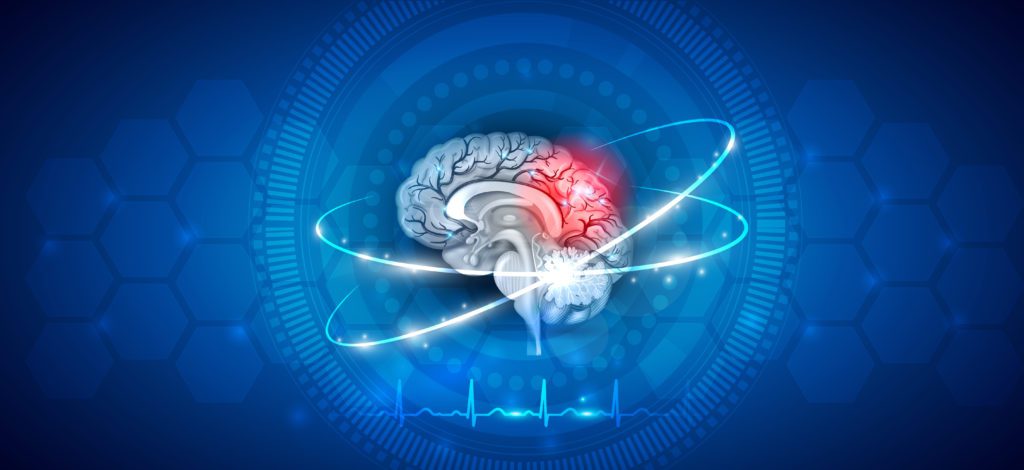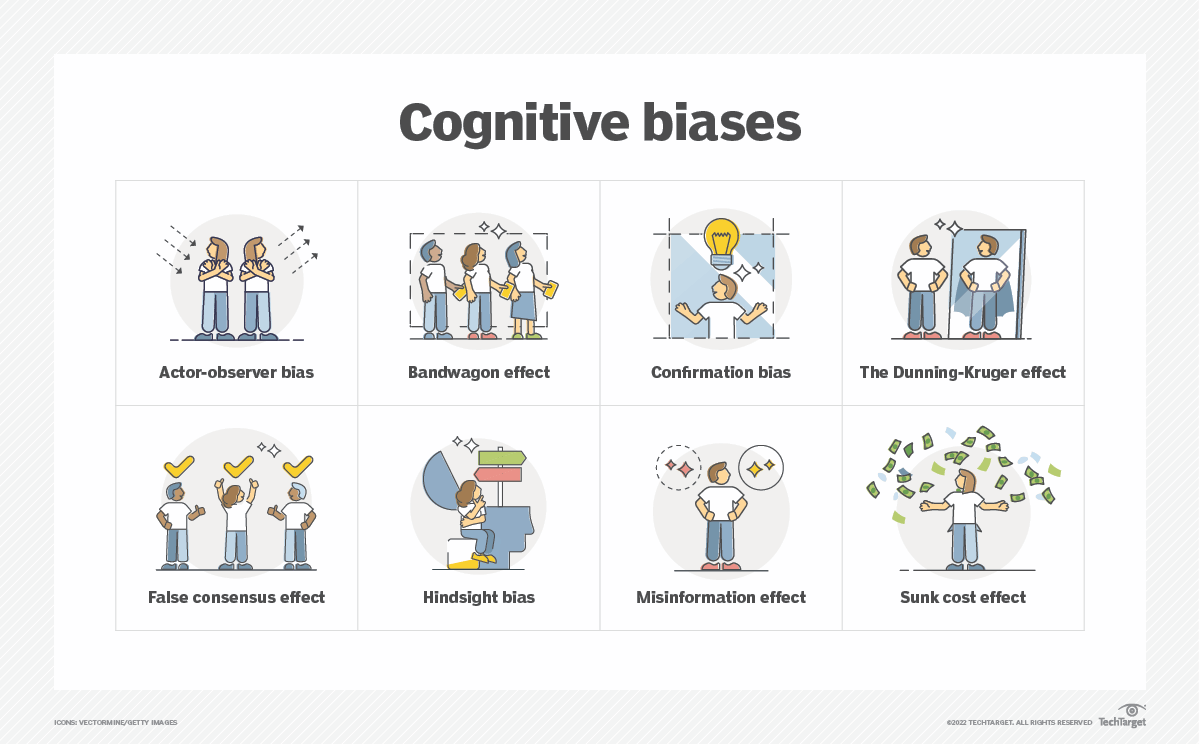
Regular readers may have noticed that DSC Weekly didn’t come out last week. The reason was personal – a close relative of mine had a series of strokes over the last couple of weeks, and I needed to take some time away to deal with the consequences. In addition, we migrated over to a new newsletter platform during this same period, which came with its own set of problems that we were eventually able to worth through.
From the standpoint of someone working in the field of artificial cognition, strokes are fascinating. As someone watching a beloved relative deal with the aftermath of one, they are terrifying. Strokes may be caused by any number of factors, but typically they are due to one of two things: A piece of arterial plaque breaks free from a major blood vessel, bypasses the heart, and makes its way to the arteries of the brain, where it lodges. Without blood flow, the neurons in the brain begin to die, typically in one particular area. This can cause memory loss, cognitive decline, paralysis, and ultimately death. Another way that this can happen is due to certain kinds of bone and blood cancers, such as multiple myeloma or leukemia. These cancers attack red and white blood cell production, causing blood plasma to become too thin and start leaking through the brain membranes.
Heart attacks can kill, and from personal experience, they can significantly influence the kind of activities that you engage in, your diet and your overall health, but they generally are survivable. Strokes, on the other hand, eat away at your ability to move and to think. My relative’s stroke was mild, and they survived. One side of their body was paralyzed, their face was paralyzed and, perhaps most terrifying, they lost the ability to identify certain things and the associated mental processes. Reading became more difficult. Certain words simply disappeared from their brain, and the ability to think analytically was degraded. On top of that, even the simplest activities would wear them out, as the brain is essentially using the body’s energy to gain back functionality.
This necessitated answering some very difficult questions for the rest of us: Was that person now competent enough to make decisions? Could they be told important things and be able to remember them? Would that person recover from the stroke completely, or was the condition permanent? How much of them remained, and would the situation get worse over time?
While commercialization of AI is a hot topic today, it is worth asking ourselves what the real purpose of AI is? One of the most important applications comes in our ability to use artificial intelligence to better model real intelligence: To figure out, when something as terrible as a stroke does occur, how to better treat the stroke and restore cognitive function in the brain or, worst case, to provide assistance to the brain to better handle the effects of that awful condition. Just as robotics has had a profound impact on the creation of prostheses, one would hope that the development of AI can augment and ultimately restore the cognitive functions in the brain in the event of a stroke, Alzheimer’s, brain tumors and concussions.
Fortunately, there are signs that this relative is recovering. However, they have embarked on a long road with no guarantees. If AI can augment real intelligence, maybe one day strokes will simply become a minor problem instead of a life altering event.
In media res,
Editor, Data Science Central.
Data Science Central Editorial Calendar: July 2022
Every month, I’ll be updating this section with a lot of topics that I’m especially looking for in the coming month. These are more likely to be featured in our spotlight area. If you are interested in tackling one or more of these topics, we have the budget for dedicated articles. Please contact Kurt Cagle for details.
- Bayesian Graphs
- Gato and GPT-3
- Labeled Property Graphs
- Telescopes and Rovers
- Data Meshes
- ML Transformers
- AGI
- RTO vs WFH
If you are interested in posting something else, that’s fine too, but these are areas that we believe are hot right now.


